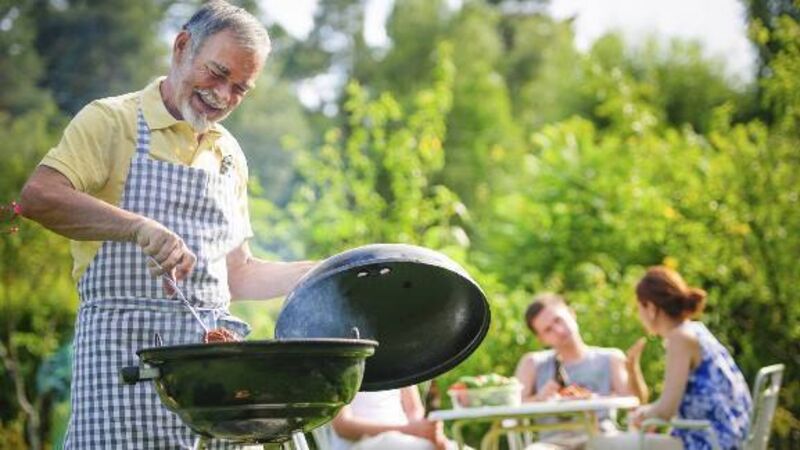Safe smoking

Unless, of course, they’ve had a nasty experience at a previous event.
Food poisoning cases double over the summer, with barbecues playing a significant role. But nasty bacteria lurking in undercooked drumsticks or gone-off hot dogs isn’t the only reason to operate some grill-side caution — barbecued food can sometimes be carcinogenic too.











